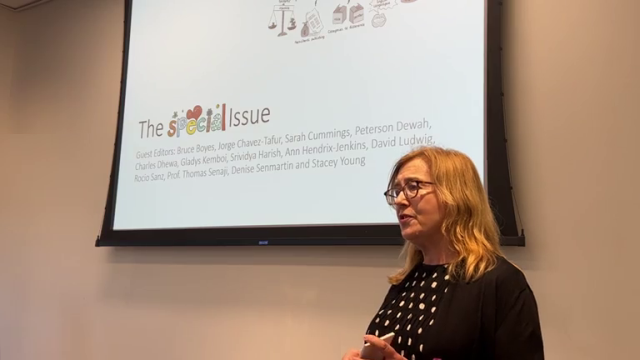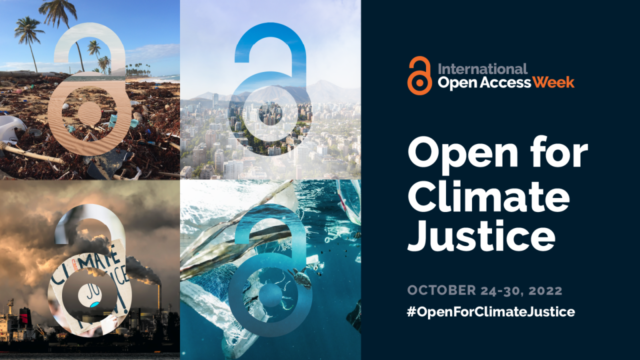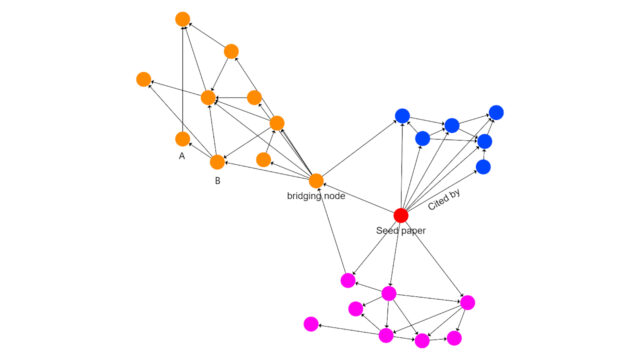journals
-
Open access to scholarly knowledge

Open access to scholarly knowledge in the digital era (chapter 5.5): The pasts, presents, and futures of SciELO
SciELO Director Abel Packer gives an informed perspective on one of the longest-standing and most widespread open-access platforms on the…
-
Open access to scholarly knowledge

Open access to scholarly knowledge in the digital era (chapter 5.4): Toward linked open data for Latin America
Becerril-García and Aguado-López contend that technological innovations can contribute to a more integrated knowledge ecosystem.
-
Decolonising knowledge & KM

Uncomfortable truths in international development: approaches to the decolonization of knowledge from development practice, policy and research
Special Issue of Knowledge Management for Development Journal.
-
Open access to scholarly knowledge

Open access to scholarly knowledge in the digital era (chapter 5.3): Reading scholarship digitally
Martin Paul Eve asks what it means to think of scholarship as data.
-
In the know

In the know: White House Indigenous Knowledge Guidance | Science isn’t storytelling | Becoming Adaptable review
In the know is a regular roundup of knowledge management (KM) items of interest.
-
Open access to scholarly knowledge

Open access to scholarly knowledge in the digital era (chapter 3.3): Libraries and their publics in the United States
Librarian and scholar Maura A. Smale argues that libraries should embrace open access for its transformative potential.
-
Open access perspectives

International Open Access Week 2022: Open for Climate Justice
Tackling the climate crisis requires the rapid exchange of knowledge across geographic, economic, and disciplinary boundaries.
-
Nudge theory

Is this finally the end of the road for nudge theory?
A recent meta-analysis was seen as heralding good news for the effectiveness of nudge theory. But did it really?
-
Open access perspectives

The US has ruled all taxpayer-funded research must be free to read. What’s the benefit of open access?
Lack of free access to research leads to discrimination, both in academia and for us all. This new guidance is…
-
Brain power

An algorithmic approach to identifying influential research
Citation network analysis to identify research communities can address the lack of inclusiveness and diversity in Google Scholar searches.

